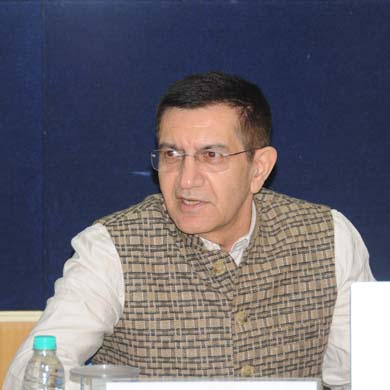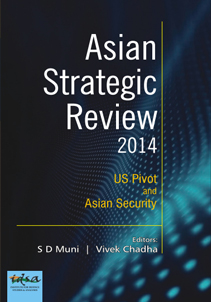An Assessment of Organisational Change in the Indian Army
The article analyses military change in the context of the Indian Army, with specific focus on organisational innovation and change. In doing so, it analyses two case studies: restructuring of the army after the Sino-Indian War of 1962; and mechanisation based on the 1975 expert committee recommendations. On the basis of these case studies, the article assesses the drivers and desirables for organisational change in the Indian Army, with the further aim of deriving policy recommendations which are especially apt in light of the ongoing transformation of the army.
- Vivek Chadha |
- October 2015 |











